Led by Professor Debin Ma, the State Capacity, Institutions, and Development Research Cluster quantifies state capacity in historical China, examining its evolution, regional variations, and impact on social and economic outcomes.
State capacity describes the ability of a state to collect taxes, enforce law and order, secure property rights and provide other public goods (Besley & Persson, 2011). Over the last few centuries, the world has witnessed an unprecedented increase in wealth as well as a remarkable transformation in the scope and scale of the state. The richest countries are characterised by long-lasting, centralised political institutions, whereas poverty is widespread in countries that are internally fragmented and lack a history of centralised governance. It is important to quantify state capacity in historical China, understand how it evolved over time and differed across regions and investigate how state capacity affected social and economic outcomes. The State Capacity, Institutions and Development Research Cluster investigates these and other questions quantitatively, as this is one of the most important pieces of the China puzzle.
已有對近代鄉村不平等的研究主要關注地權分配,好少關注收入、消費分配,特別是同時討論三者之間嘅關係。 利用滿鐵調查32個村莊嘅數據,發現從戶均角度睇,土地不平等的變動對收入不平等和消費不平等的變動有一定的解釋力,收入不平等的變動對消費不平等的變動則有較大的解釋力。 但從人均角度睇,土地不平等對收入不平等和消費不平等嘅解釋力以及收入不平等對消費不平等嘅解釋力都好有限。 另外,也發現土地租佃市場和借貸市場的發展,有助於減少收入和消費嘅不平等。


In process mining, extensive data about an organizational process is summarized by a formal mathematical model with well-grounded semantics. In recent years a number of successful algorithms have been developed that output Petri nets, and other related formalisms, from input event logs, as a way of describing process control flows. Such formalisms are inherently constrained when reasoning about the probabilities of the underlying organizational process, as they do not explicitly model probability. Accordingly, this paper introduces a framework for automatically discovering stochastic process models, in the form of Generalized Stochastic Petri Nets. We instantiate this Toothpaste Miner framework and introduce polynomial-time batch and incremental algorithms based on reduction rules. These algorithms do not depend on a preceding control-flow model. We show the algorithms terminate and maintain a deterministic model once found. An implementation and evaluation also demonstrate feasibility.


- 1
- 2



